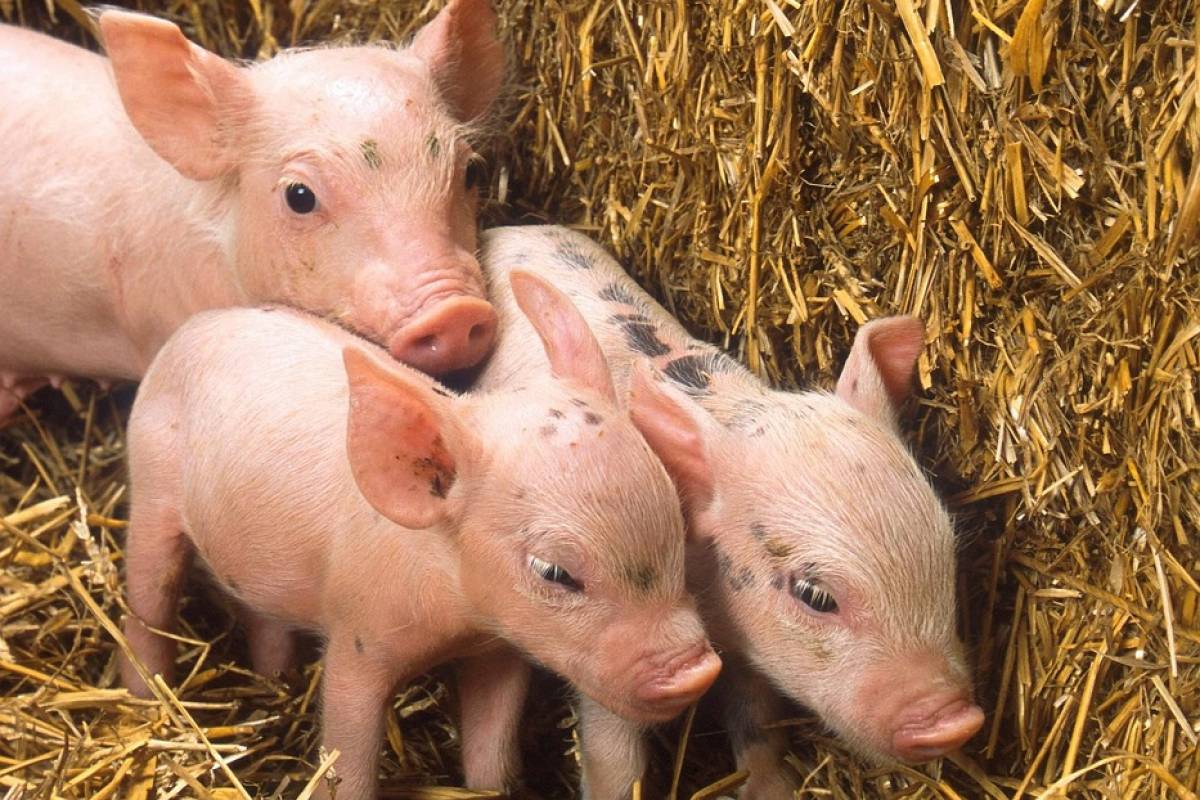Infection
First Swine Flu Case of 2023
(Precision Vaccinations)
The United States IHR National Focal Point recently informed the PAHO/WHO of the first human infection with a novel influenza A(H1N2) variant virus (swine flu) identified in 2023.
According to the IHR announcement, a human infection caused by a novel influenza A virus subtype is an event that has the potential for high public health impact.
On July 29, 2023, the person sought medical care at an emergency department in Michigan, and an upper respiratory tract specimen tested positive for influenza A virus on the same day. Later, the patient received influenza antiviral treatment (Oseltamivir).
An investigation by local public health officials identified swine exposure by the patient at an agricultural fair in late July.
No person-to-person transmission of influenza A(H1N2)v virus associated with this case has been identified, and no additional cases of human infection with A(H1N2)v virus have been identified as of August 10, 2023.
The WHO stated in a media release it does not advise special traveler screening at points of entry or restrictions about the current situation of influenza viruses at the human-animal interface.
For recommendations on safe trade in animals and related products from countries affected by these influenza viruses, refer to WOAH guidance.
Since 2005, there have been 512 influenza A variant virus infections (all subtypes), including 37 (human infections with influenza A (H1N2)v viruses reported in the U.S.
As of August 13, 2023, the U.S. FDA has not approved a swine flu vaccine.

